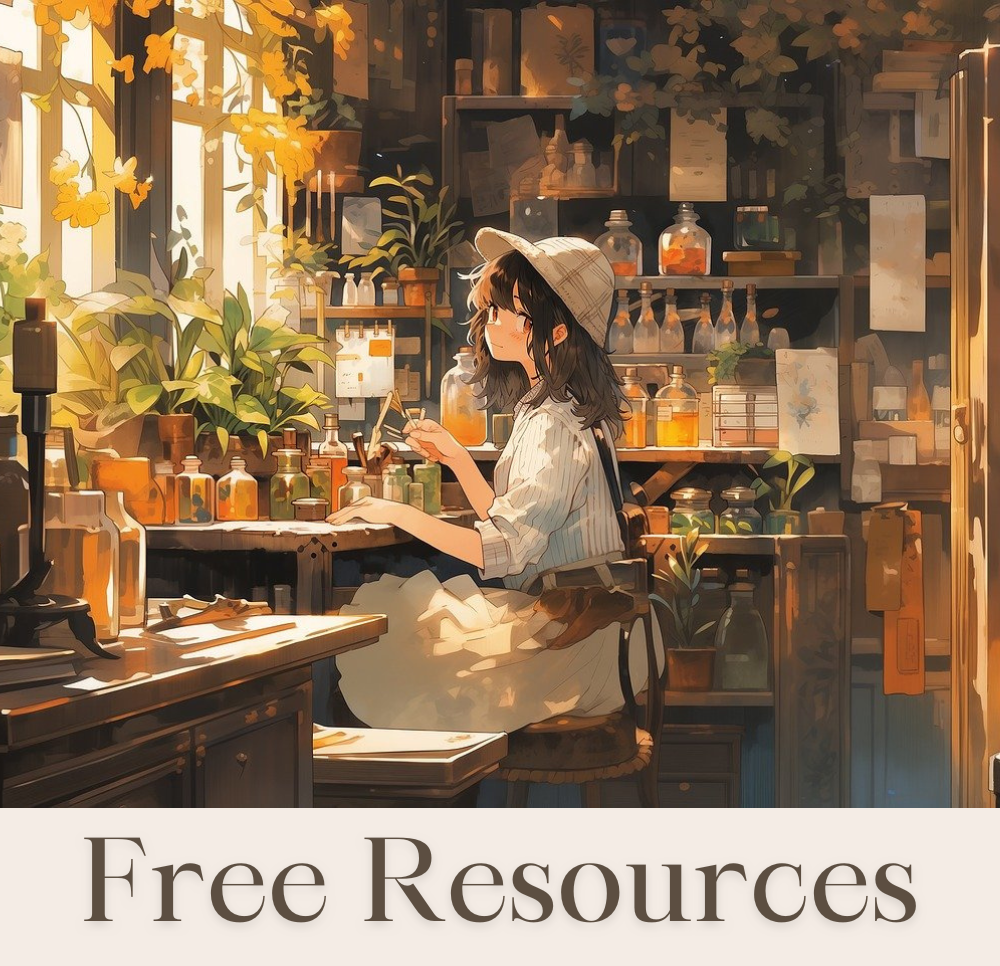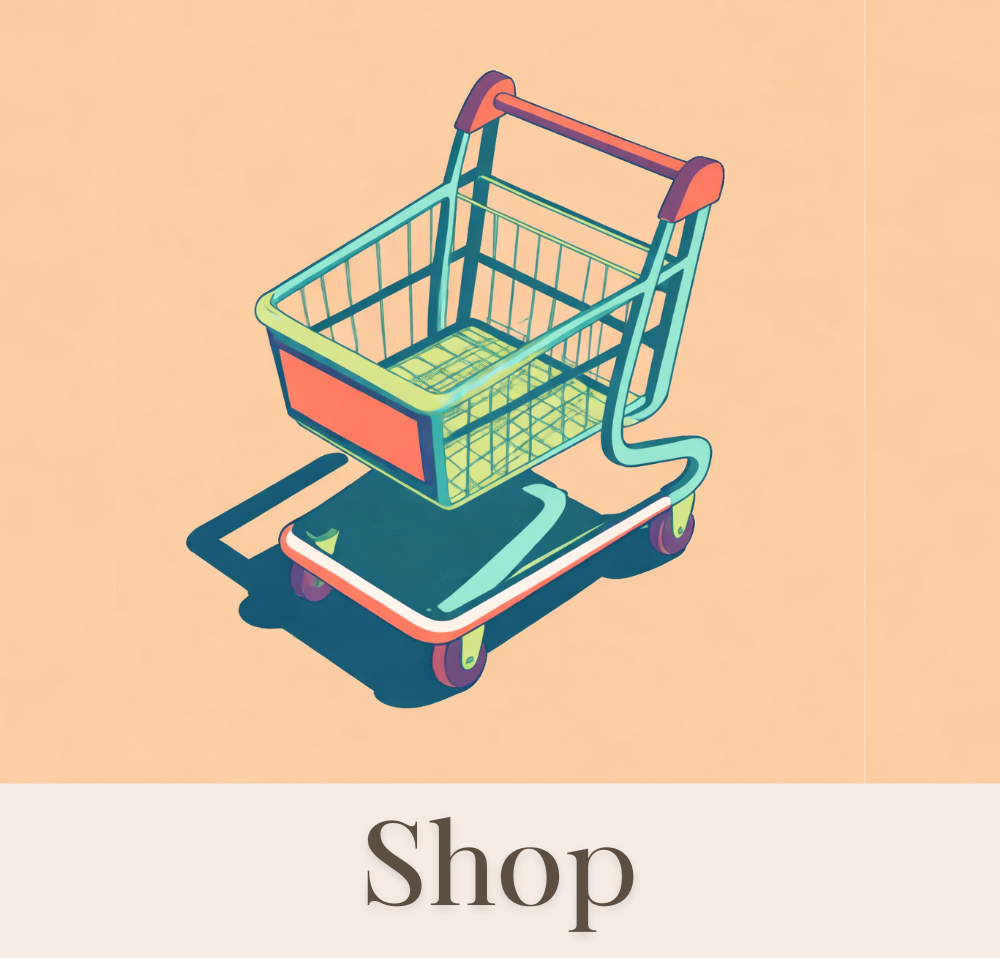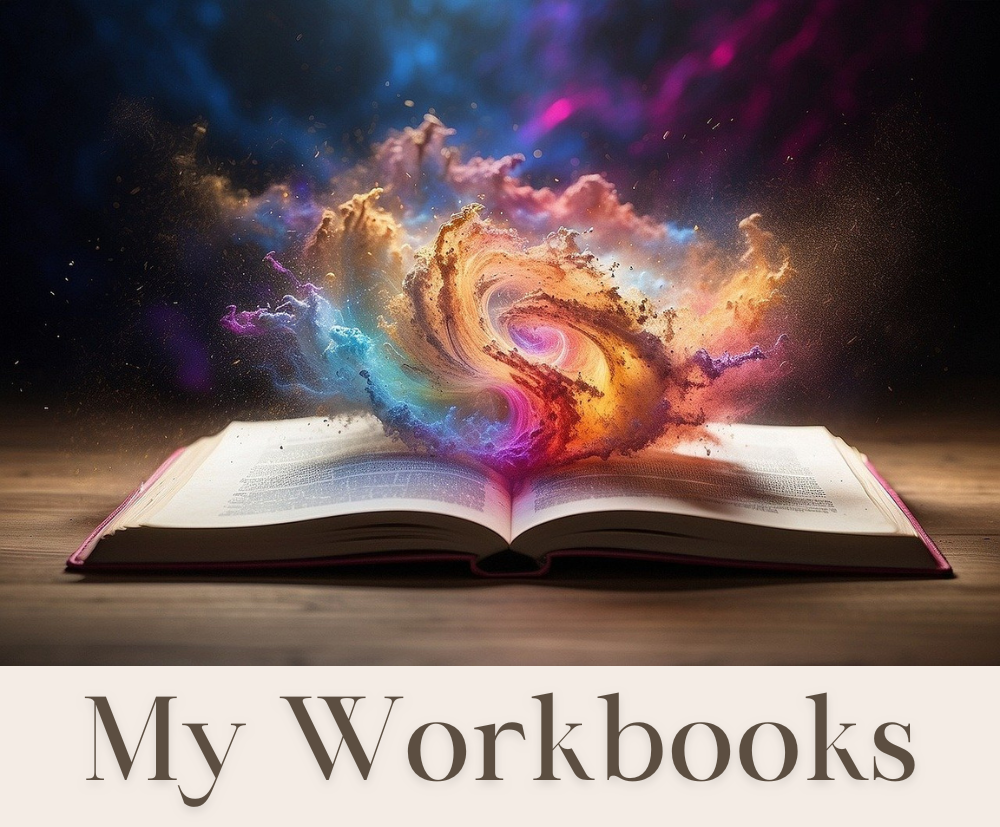The 8 Types of Rest and How To Practice Them
Why Rest Is Important
I found myself saying, “I’m tired,” more than I’d like to admit. And I wasn’t just physically tired—I was mentally drained, emotionally tapped out, and honestly just… over it.
I was sleeping 7-8 hours a night. I was doing everything “right.” So why did I still feel so burned out?
That’s when I stumbled upon something that genuinely shifted how I think about rest: There are different types of rest. And most of us are only getting one or two of them, even though our lives demand so much more.
If you’ve ever felt like no amount of sleep is helping—or like you’re carrying a kind of fatigue that doesn’t go away with a nap—this post is for you.
Let’s talk about the eight types of rest we all need, why they matter, and how you can start giving yourself the kind of recovery you’re truly craving.
1 | Physical Rest
This is the most obvious form of rest—and the one we usually default to.
It’s what your body needs when it’s physically fatigued. But physical rest is more than just sleep. It also includes active rest like gentle stretching, deep breathing, or even restorative yoga.
If your body feels heavy, tense, or sore, physical rest might be what you're missing.
Try this: Take a short walk in nature, do some light stretching before bed, or schedule a lazy afternoon where you give yourself full permission to just be.
2 | Mental Rest
Ever felt like your brain won’t shut off—even when you're lying in bed?
That’s mental exhaustion, and it needs mental rest. Our minds are constantly juggling tasks, worries, ideas, and decisions. Mental rest is about quieting that noise.
Try this: Schedule brain breaks throughout your day. Step away from the screen. Journal your racing thoughts. Practice mindfulness or even stare out a window—without judgment, without expectation.
3 | Emotional Rest
Emotional rest means having the space to express your true feelings without fear of judgment.
If you’re always the strong one, the supportive one, the one who’s “fine,” this one’s for you.
Try this: Talk to someone you trust and let yourself be fully honest. Or release what you’re carrying through writing or art. Sometimes just saying “I’m not okay” is the most restful thing you can do.
4 | Sensory Rest
In today’s world, we’re constantly overstimulated—bright screens, loud music, traffic, endless notifications. Sensory overload can leave you frazzled and disconnected.
Try this: Unplug for a bit. Dim the lights. Sit in silence. Close your eyes. Even five minutes of sensory rest can reset your nervous system in powerful ways.
5 | Social Rest
Yes, socializing can be exhausting—especially if you're always “on.”
Social rest doesn’t mean cutting people off. It means recognizing who drains your energy vs. who restores it, and making intentional choices about where you spend your time.
Try this: Spend more time with people who feel easy to be around. Or give yourself permission to take a break from group chats, DMs, or weekend plans if you need it.
6 | Creative Rest
Feeling uninspired or stuck? You might be low on creative rest.
This type of rest refuels our sense of wonder, imagination, and innovation.
Try this: Surround yourself with beauty—listen to music, wander through a museum, read poetry, or sit in nature. Let your brain breathe without needing to produce anything.
7 | Spiritual Rest
This kind of rest is about feeling connected to something bigger than yourself.
It doesn’t have to be religious—it can be about purpose, meaning, and inner peace.
Try this: Meditate, pray, write about what gives your life meaning, or simply spend time in stillness. You might be surprised at what rises to the surface when you do.
8 | Time Rest
Time rest is all about managing your time in a way that prevents burnout.
It’s about giving yourself margin. So often we overschedule ourselves to the point of exhaustion.
Try this: Block off “do nothing” time in your calendar. Say no to non-essential commitments. Slow down and let life unfold at a gentler pace.
Final Thoughts
True rest is deeper than sleep. It’s about recognizing what kind of depletion you’re actually dealing with—and tending to it with intention.
When we start looking at rest through this lens, we stop treating exhaustion as a badge of honor. We begin to prioritize restoration as an essential part of a well-lived life.
Take care,
-Emilia ♡
Which type of rest have you been missing lately?











This burnout recovery prompt list helps overwhelmed, mentally exhausted people process emotions, reset habits, and rebuild self-care, one small step at a time.